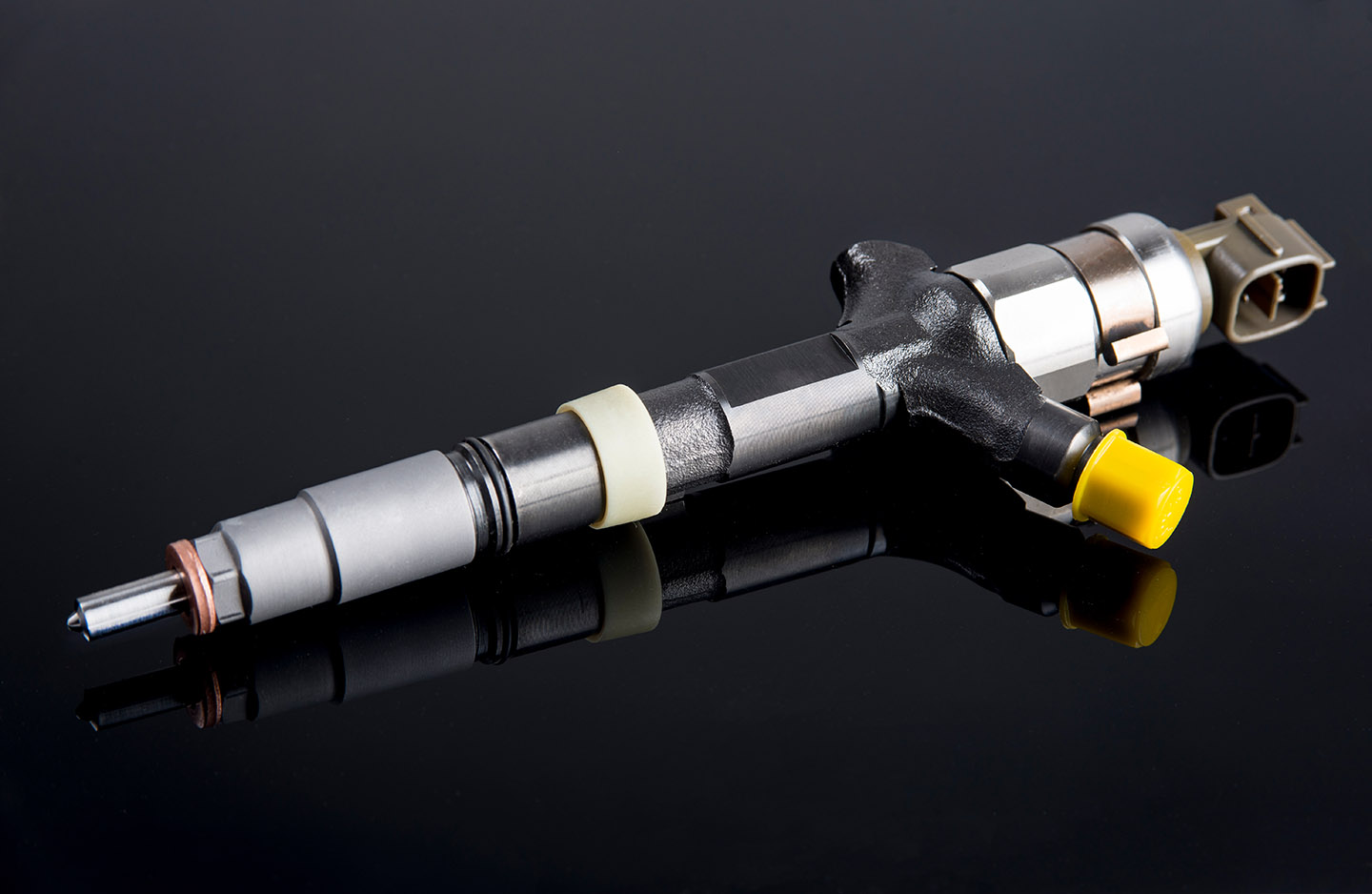Diesel fuel injectors play a crucial role in the performance and efficiency of a diesel engine. They are responsible for delivering the right amount of fuel at the correct pressure and timing, ensuring proper combustion. However, like any other component, diesel fuel injectors wear out over time due to high pressure, contaminants, and regular use.
A failing fuel injector can cause serious performance issues, reduce fuel efficiency, and even lead to costly engine damage if left unaddressed. Recognizing the early warning signs can help you avoid major repairs and keep your diesel engine running smoothly. Here are eight key signs that your diesel fuel injectors may be failing.
1. Rough Idling or Engine Misfires
If your diesel engine is running rough at idle or misfiring, a failing fuel injector could be the culprit. When an injector becomes clogged or malfunctions, it disrupts the precise fuel delivery, leading to uneven combustion.
Symptoms to Watch For:
- The engine shakes or vibrates at idle.
- You notice a jerking sensation while driving.
- The engine stalls unexpectedly at stoplights.
Misfires not only reduce engine performance but also increase wear on internal components, leading to more serious engine problems over time.
2. Increased Fuel Consumption
One of the biggest red flags of a faulty fuel injector is poor fuel efficiency. If an injector is leaking or clogged, the engine burns more fuel than necessary, leading to increased fuel consumption.
How to Detect This:
- You refuel more often despite driving the same routes.
- The vehicle’s miles per gallon (MPG) has dropped noticeably.
- The engine struggles to maintain efficiency under normal driving conditions.
Ignoring this issue can lead to higher fuel costs and unnecessary strain on your diesel engine.
3. Excessive Exhaust Smoke
Diesel engines naturally produce some exhaust smoke, but a failing injector can increase smoke output and change its color. The color of the smoke can indicate different problems:
- Black Smoke: Too much fuel is being injected, leading to incomplete combustion.
- White Smoke: Unburned fuel is escaping due to a clogged or malfunctioning injector.
- Blue Smoke: The engine may be burning oil, which could indicate an internal problem.
If you notice unusual exhaust smoke, it’s a sign that your fuel injectors need immediate attention.
4. Difficulty Starting the Engine
A diesel engine relies on proper fuel injection pressure to start efficiently. A faulty injector can disrupt this pressure, making it difficult to start the engine.
Signs of Injector-Related Starting Issues:
- The engine cranks longer than usual before starting.
- You hear a sputtering sound when trying to start.
- The engine fails to start at all, especially in cold weather.
If your diesel engine is hard to start, a visit to a diesel repair shop may be necessary to diagnose and fix the problem before it worsens.
5. Poor Acceleration and Power Loss
When fuel injectors fail, they deliver fuel inconsistently, leading to hesitation, sluggish acceleration, and reduced power. This can be particularly dangerous when merging onto highways or towing heavy loads.
Common Acceleration Problems:
- The vehicle hesitates when you press the accelerator.
- The engine feels underpowered, even when not carrying a load.
- You experience delayed throttle response.
If your diesel engine is struggling to produce power, faulty fuel injectors could be affecting fuel delivery and combustion efficiency.
6. Fuel Leaks Around the Injectors
A fuel injector that has developed cracks, worn-out seals, or loose fittings may start leaking diesel fuel. These leaks reduce engine efficiency and can even pose a fire hazard.
How to Spot a Fuel Leak:
- Strong diesel smell inside or around the vehicle.
- Visible fuel stains near the injectors.
- Pooled fuel under the engine when parked.
A leaking injector not only wastes fuel but also reduces engine performance and can lead to dangerous conditions if left unchecked.
7. Unusual Engine Knocking Sounds
A faulty fuel injector can disrupt the air-fuel mixture, leading to knocking or pinging noises from the engine. This happens when fuel is not properly atomized, causing uneven combustion.
What Engine Knocking Sounds Like:
- A loud tapping or ticking noise when the engine is running.
- The noise gets louder when accelerating or under load.
- The knocking sound persists even after the engine warms up.
Ignoring this issue can cause damage to pistons, cylinders, and other engine components.
8. Check Engine Light or Warning Codes
Modern diesel vehicles have onboard diagnostics (OBD) systems that monitor engine performance. If a fuel injector is failing, it can trigger the check engine light.
What to Do If the Check Engine Light Comes On:
- Use an OBD-II scanner to check for injector-related trouble codes.
- Look for codes like P0200 to P0206, which indicate injector circuit issues.
- Get a professional inspection at a diesel repair shop to confirm the problem.
A check engine light is a warning sign that should never be ignored. Addressing the issue early can prevent costly repairs down the road.
A failing diesel fuel injector can lead to a range of problems, from reduced fuel efficiency to serious engine damage. By recognizing these eight warning signs early, you can take action before your diesel engine suffers costly failures.
If you notice rough idling, increased fuel consumption, excessive exhaust smoke, difficulty starting, power loss, leaks, knocking sounds, or a check engine light, it’s time to visit a trusted diesel repair technician for a professional inspection and repair.
Routine maintenance and early detection are key to keeping your diesel engine running smoothly, ensuring better performance, fuel efficiency, and long-term reliability.









